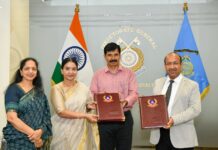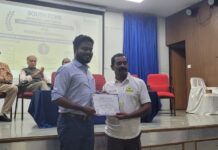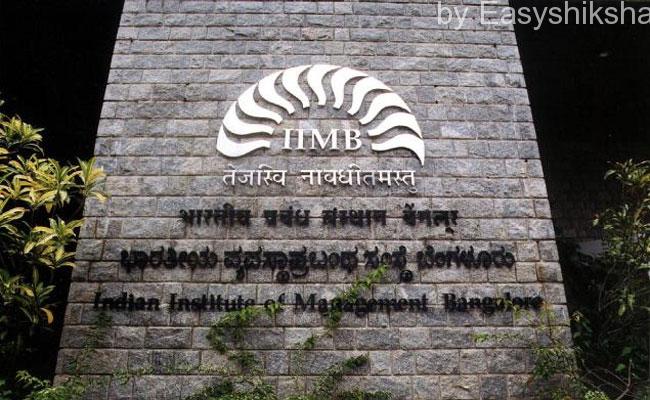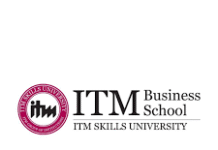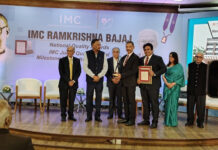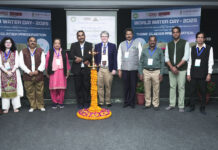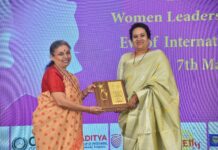Bangalore, December 18th 2015: IIMB, India and IMRA, UK hosted a conference on the theme of “Inclusive Growth & Profits with Purpose: New Management Paradigm” which brought together practitioners, academics and policy-makers from 15 countries United States of America, the United Kingdom, Belgium, Australia, France, China, Indonesia, Canada, India, Malaysia, Slovakia, Sri Lanka, South Africa, Brazil and the United Arab Emirates, making this as a truly international conference.

Top Courses in Software Engineering
More Courses With Certification
Why this conference now? In the words of Ratan Tata, Chairman Emeritus of Tata Sons, “purpose is a spiritual and moral call to action; it is what a person or company stands for”. It is more of investing in socially inclusive businesses, innovative business models to reach the bottom of the pyramid and investing in environmentally beneficial technologies. Thus the conference theme is two sides of the same coin inclusive growth and profits with purpose.

Chief guest S. Sivakumar (Divisional Chief Executive of the Agri Business Division and Chairman of Technico Agri Sciences Limited, and Vice Chairman of ITC Infotech India Limited and its subsidiaries in the UK and USA), stated that policy makers of several nations have been expressing the concern that the benefit of economic growth is not being equally distributed among all sections of the society. Inclusive growth is the need of the hour for the pace and the pattern of economic growth.
Is corporate social responsibility answer for this? Mr.Sivakumar also shared the experiences of e-choupal which has last mile connectivity with farmers and has addressed several bottleneck issues entire agricultural supply chain.
Extending this thought, Key note speaker Professor Saras D. Sarasvathy mentioned that we need to think beyond the Silicon Valley model of entrepreneurship and think of productive employment and increasing incomes of excluded groups. Towards the goal of achieving inclusive growth, the corporate sector needs to revisit and recognize that sustainable strategies not only fulfil a higher purpose but increased wealth can be generated by doing good things.
Thulasiraj Ravilla, part of the senior leadership team of Aravind Eye Hospital since 1981, presented a case for social inclusion and showed that inclusiveness can actually offer significantly more internal and external engagement and help the bottom line in far more favourable way when an organization pursues it with the right mindset and with a long-term vision. He also raised several fundamental questions such as ‘can we avoid having inclusiveness in the gene of an organization in present or for future?’
Important Announcement – EasyShiksha has now started Online Internship Program “Ab India Sikhega Ghar Se”
Professor Ravi Seetham Raju of Sydney Businesss school emphasized on importance of Information Technology and research shows that IT has not significantly improved productivity of SMEs and SMEs have o go for relevant technology.
Prof. M. Jayadev (Professor at the Indian Institute of Management Bangalore, India and the co-chair of the conference) responds: “Inclusive growth is the need of the hour for the pace and the pattern of economic growth. It is more than just productive employment and increasing incomes of excluded groups. Inclusive growth allows people to contribute to and benefit from economic growth. More importantly, we went beyond the regular sustainability debate and raised critical issues and made participant engage with a higher level domain of ‘profits with purpose’.
Inclusive growth includes growth of economy that reduces poverty and creates employment opportunities, access to essential services in health and education especially for the poor, equality of opportunity, empowerment through education and skill development, environmental sustainability, recognition of women’s agency and good governance.
Dr. Michael Chattalas from Kean University and executive committee member at IMRA said, “the IMRA conference at IIMB brought a lot of cutting-edge ideas about inclusiveness. For example, Prof. Jaywant Singh’s session raised many deeper philosophical questions regards to ethics, humanism well-being, role of corporation in society.”
Dr. Jatin Pancholi, conference co-chair, Middlesex University, UK stated that while the previous management paradigms have been led from the Western perspective, India offers a ripe group to lead the new management paradigm as it is economic powerhouse with an ingrained democratic processes and a significant inclusive drive.
Empower your team. Lead the industry
Get a subscription to a library of online courses and digital learning tools for your organization with EasyShiksha
Request NowProfessor Bobby Banerjee of Cass Business School delivered Valedictory address focusing on Sustainability, raised multiple questions on relevance of current inclusion models. It is more of coexistence rather than just inclusiveness. What we need is Corporate Social Accountability, rather than Corporate Social Responsibility.

With a large number of woman participants and young researchers from across the world getting an opportunity to engage with senior practitioners and researchers, the conference really lived up to its motto of ‘inclusive growth’.
ALSO READ: Suncity school organises its 10th annual fiesta saturnalia
Get Course: Time Management – When to Say NO












